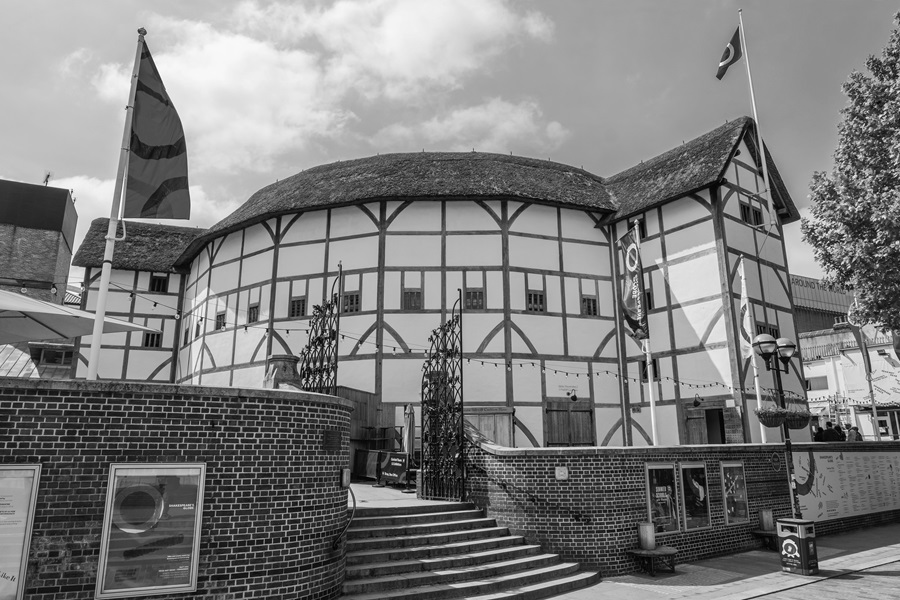By the end of 2024, around 1.5 billion people will have headed to the polls to vote at elections across 50 different countries. But, arguably, the most important is to come.
The choice before Americans is perhaps the most binary for generations—Goldwater v Johnson in 1964? Carter v Reagan in 1980?
The US, and much of the world, will likely look very different depending on whether we see President Trump or President Harris taking the famous oath in January 2025. But one thing both contenders have in common, which they share with any politician anywhere on the modern campaigning trail, is the need to share their personal background; their “journey”.
So, in the spirit of the long year of campaigning that is 2024, and as a way of introducing myself to The Property Chronicle readers, “Who am I? Why am I here?”
Reform, reform, reform
Last summer, I left the private sector after 30 years and became CEO of RICS. I had been working in and, more recently, running operational businesses for Hewlett Packard, Clifford Chance and Knight Frank. Further back still, I saw combat in the first Gulf War as an officer in a cavalry regiment.
I am not revealing any state secrets when I say that, in summer 2023, RICS was an institution that needed reform. A new leadership team was required and a restatement required of what RICS should be; a royally-stamped institution with a clear mission to inspire members, advance knowledge, drive innovation, and uphold standards.
But why should those who are not surveyors care if RICS remains a healthy, respected and authoritative institution which has helped uphold Britain’s reputation as the pinnacle of industry know-how and standards?
Broad shoulders and broader scope
The UK remains an attractive destination for inward investment. Our country’s built environment sits at the cross section of many industries: pension funds, private equity, housebuilding, commercial development, asset management and so on. Therefore, it’s crucial for investors to have confidence in the independent regulatory integrity of the valuers that mark their assets. This is a strength that we want to harness and export at RICS.
As the world becomes dominated by bigger, cross boundary investors, they will reward jurisdictions that adopt and respect the RICS valuation methodology. So, I am certain that it is in the interests of everyone involved with Real Estate in the UK, and across the countries in which we operate, that RICS has the authority to guard and uphold our industry’s regulatory, professional ethics and standards, ensuring these remain the global benchmark.
I am what I am
I am not a surveyor; when I ran the operational business for Clifford Chance in South East Asia I was not a lawyer.
What I can do—and what I have done—is transform big, international businesses and implement changes that make them more operationally successful. RICS already has lots of brilliant surveyors, but what it needs is to grow into its wider, public and global role.
One thing that both the military and business transformation have in common is the need for outstanding leaders.
The new executive team is largely in place at RICS and we are concentrating on the macro and the micro in parallel. This is not just the bread and butter issues that members care about—what is it like when I contact RICS? Can I find the APC materials easily and are they helpful? What do I get for my sub?—but also the bigger picture issues, such as better relationships with governments and universities, creating different pathways into the profession, and developing standards globally.
From a different generation
Having started with politics, let me finish my first column with a tip: if you have never been, then go—either for a tour or a play—to Shakespeare’s Globe Theatre. If you ever need a reminder of the impact a building’s design, and indeed a whole regeneration area like the South Bank, can have, then this is it.
There you find a building originally conceived in the 1500s, surrounded by the epitome in modern ideals of the built environment and regeneration. Over 400 years separate the conception of one and the other, and yet thanks to the inherent skill and understanding of our professionals in the industry, they fit together perfectly.
In the Globe itself, half the audience is standing, as they did in the 17th century. People are drinking their beers and wine, children and parents with their babies are all mixed in, and the theatre experience is totally different from, say, a more “normal” West End evening. Your experience is absorbed, influenced, affected by the crowd.
Outside, every member of society is represented on the South Bank, from culture vultures at the museums, runners along the promenade, families enjoying strolls along the Thames and buskers serenading them, to those making the most of the culinary options.
It is joyful, free-wheeling, a bit raucous; it is what makes the built environment so special and different from every other asset class. The skill that our profession brings to make London what it is. Every city should strive for the same and it’s why RICS has such an important duty to share this knowledge globally.







